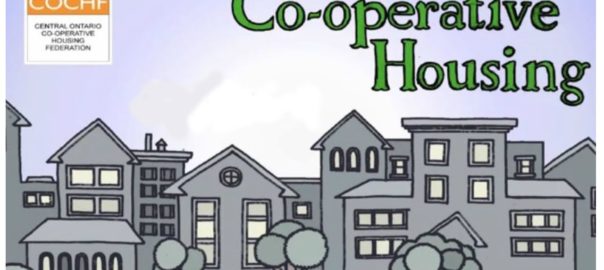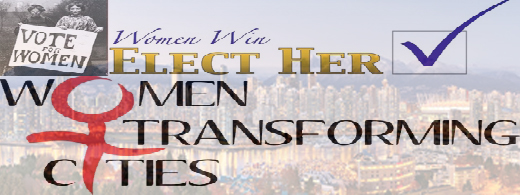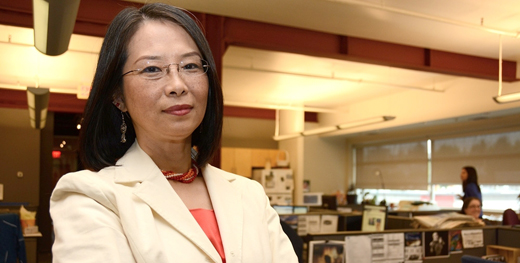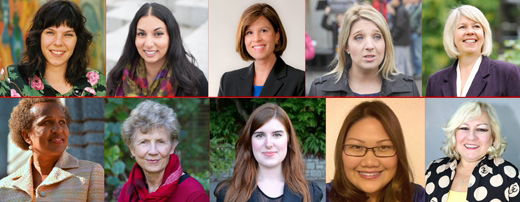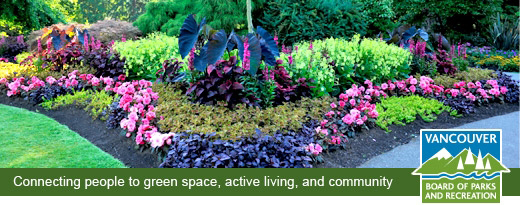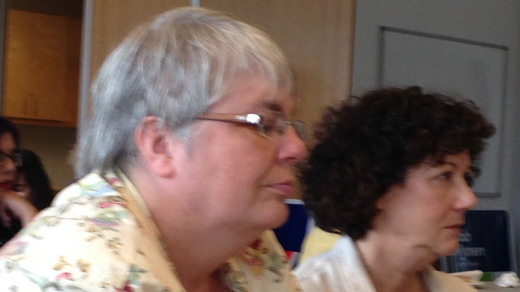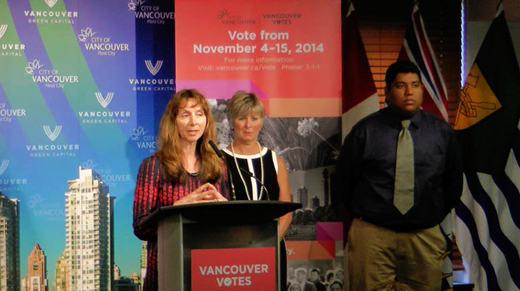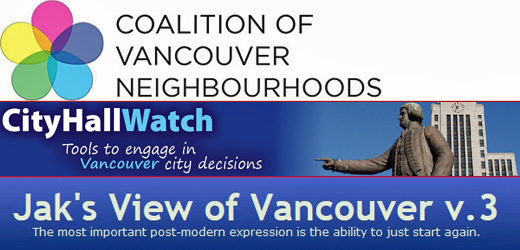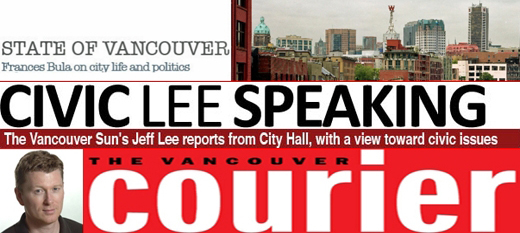
Canadians hold this axiom true: we are our brother’s (and sister’s) keeper.
In Canada, we live in a compassionate society, where the common good is the responsibility of all. Our socialized medical system is world class, as is our education system. Government fulfills its responsibility to provide a functioning judiciary that ensures public safety, an active and well-functioning transportation system meets the needs of all sectors of our society, and we strive to care for those among us who are most in need.
In Abraham Maslow’s famous hierarchy of needs, we satisfy our needs in a well-defined order. At the pinnacle of Maslow’s pyramid? Shelter. With our need for food, shelter, good health, safety and community met, the conditions are present where we might lead a fulfilling, purposeful life.
In post-WWII Canadian society, as was expressed in our earlier post on development, the need for shelter was met, predominantly, through the construction of single-detached family homes. In the 1960s, Canadian society sought to ensure the provision of shelter for those most in need, as federal and provincial governments moved to build non-market housing.
When urban social housing projects like Raycam in Vancouver, and Regent Park in Toronto proved a ghetto-ized failure, at the behest of the federal government, a commission was struck to develop a ‘made in Canada’ solution to meet the need to house not just the indigent population, but members of the creative class, low-wage workers & single-parent families.
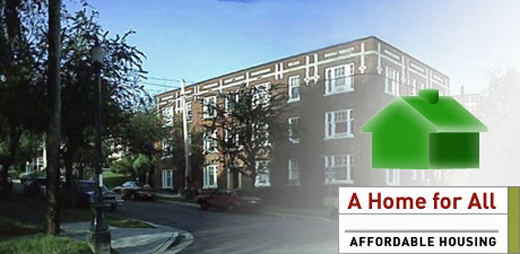
Through amendments to the National Housing Act, in the early 1970s the federal government launched the first programme to develop housing co-operatives, creating more than 60,000 non-market homes in co-ops across our land. Housing co-operatives (“co-ops”) provide a place for people to live. In 2014, there are currently more than 2,500 housing co-ops across Canada, housing more than 131,000 community homeowners.
Housing co-operatives come in all sorts of forms and sizes, ranging from collections of townhouses and small, condominium-style buildings with 4 — 20 units, to large apartment-style buildings with hundreds of units. What sets co-ops apart from private rental housing is that they are democratic, community-owned housing developments, where residents take on the full responsibility for making decisions on how the co-op functions, for its finances, its ongoing maintenance, and for its members’ responsibilities.
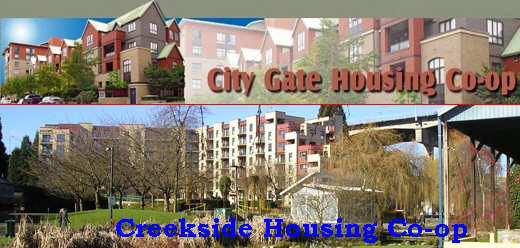
Phase 2 housing co-ops: co-operative housing built along the south shore of False Creek
Current T.E.A.M. member / architect, and 1972-74 T.E.A.M. Park Board Commissioner, Bill McCreery, has written to VanRamblings stating that the construction of housing co-operatives “was a joint effort on the part of the City (T.EA.M.), federal Liberal minister of the day, Ron Basford (and his Deputy, Peter Oberlander), and Shirley Schmidt, acting for Dave Barrett’s early 1970’s provincial NPD government. This era of intergovernmental co-operation is unprecedented, and it highlights what can be accomplished when it happens. Something we should be striving for today.” Bill goes on to point out that all Phase1 co-ops were 2 or 3 storey townhouses, while Phase2 co-ops, as above, were mostly mid-rise, 4 to 6 storey structures.
Among the first housing co-operatives built in Vancouver were the co-ops along the south shore of False Creek, between Granville Island and the Cambie Street bridge. With the support of the province, under municipal by-law, one-third of all large-scale housing development would be housing co-operatives — which is to say, one out of every three buildings along False Creek’s south shore is a housing co-op, as was the case when the construction began in the 1970s, and as it remains to this day.
Government does not own the housing co-operative; rather the co-operative is owned collectively by its members. Almost the sole role of the federal government is to provide surety to the financial institutions that lend the monies to the members of the co-operative for the purchase of land and construction of the housing. No housing co-operative in Canada has ever declared bankruptcy — the federal government has never had to assume the financial obligations of housing co-op members, at any time.
No one in a housing co-operative pays more than one-third of their income for their housing, the co-operative model mandating that one-third of the members of the co-op will receive full subsidy out of the operating funds of the co-op, while another third are granted a partial subsidy, the remaining one-third of members required to pay the low-end of market housing rate.
Co-op members pay no more than 30% of their income for housing.
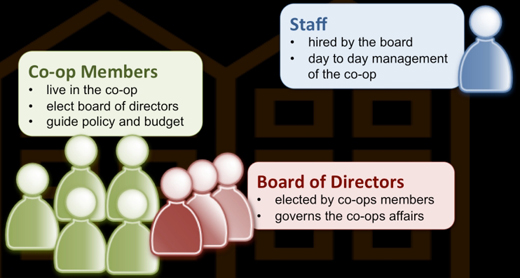
Note should be made that a significant portion of housing units in a co-operative housing complex are set aside for 3-bedroom, affordable family housing — meeting the most pressing need of young families who have been unable to find suitable homes to raise their children in a safe and secure community environment, in Vancouver’s woefully underserved housing market for our city’s burgeoning population of young families.

Generally, the one-third of members on deep subsidy consist of single parents, pensioners and members of the disability community. The middle third are generally comprised of low-wage income earners, and members of the creative class (writers, artists). The final third, that part of the co-operative membership who pay the low-end-of-market rate are comprised of a broad cross-section of our community, business persons, teachers, and other higher income earners, each one of whom is a person of conscience dedicated to the interests of the community — for being a member of a housing co-op entails work, and a great deal of personal and social responsibility on the part all of the co-operatives’ members.
In the 1970s, in Vancouver and across British Columbia, with the election of Dave Barrett’s NDP provincial government, and the election of the TEAM civic government of Art Phillips, we moved away from the social barbarism of the years of provincial premier WAC Bennett and Vancouver’s misguided mayor, Tom Campbell, into a new, enlightened era of social responsibility.
 Co-operative Housing Built By Bosa Development as a Community Amenity Contribution
Co-operative Housing Built By Bosa Development as a Community Amenity Contribution
In the 1980s, with a faltering provincial economy, the social obligation that mandated that one-third of all large-scale housing development consist of housing co-operatives was reduced to one-quarter, or 25%. For instance, when a developer such as BOSA set about to construct the mass of highrises along Main and Quebec avenues between the Georgia Viaduct and Terminal avenue, and as BOSA built 2000 condominium units, the company was required to construct 500 social and housing co-operative units.

In the 1990s, that obligation was reduced to 20%, in the early 2000s to 15%, and under both the NPA administration of Sam Sullivan and during both terms of the Gregor Robertson-led Vision Vancouver civic administration, the obligation of developers to construct social housing units and housing co-operatives was eliminated entirely. Thus, we are left with the affordable housing crisis we face today, and the number one issue on the minds of the electorate in 2014’s Vancouver municipal election.
Back to the Future: Electing a New Vancouver Civic Administration
Watch the human-scale, informative video on housing co-ops. You’ll be glad you did.
In the 1970s, the TEAM administration of Art Phillips created the Property Endowment Fund (PEF), consisting of the real estate assets of all city-owned property, designated by Mayor Phillips and the Council of the day as a rainy-day fund, a portion of the PEF that might someday be dedicated to the construction of housing for those in need. You’ve probably noticed that it’s not just raining out there, there’s a deluge.
At present, there’s $3½ billion dollars in the Property Endowment Fund — the time has long since past that Vancouver’s civic administration dedicate a portion of the PEF to the construction of housing co-operatives. Why co-operatives, and not COPE’s housing authority? A couple of reasons.
COPE’s housing authority would require a new and costly level of civic administration at City Hall, when there’s already attendant bureaucracies in place that administer housing co-operatives, which are a joint responsibility of the provincial government through its housing agency, B.C. Housing and through its arms-length provincial Agency for Co-operatives, as well as B.C.’s much-heralded and respected Co-operative Housing Federation.
Secondly, housing co-operatives provide a salutary, non-market form of home ownership, where collectively the members of the co-operative assume the day-to-day responsibility for the operation of the co-operative, as we do our own homes. Members of a co-operative are not tenants, we are homeowners, which is to say we are maîtres de notre propre maison.
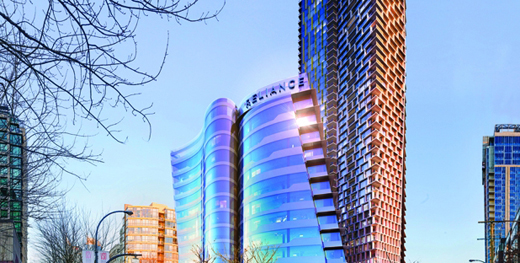
When the current civic administration approved Jimmy Pattison’s massive development at Drake and Burrard, $42.6 million in community amenity contributions was extracted from the developer, Reliance Holdings. Do you know how much of that $42.6 million was set aside for the construction of social housing, or housing co-operatives? Nada. Going forward affordable housing must be a priority for our civic, provincial and federal governments.
The no-cost to the taxpayer, no cost to a Vancouver municipal administration solution to the affordable housing crisis in our city?
Extract parcels of land from the Property Endowment Fund, lease the land to members of the proposed housing co-operatives (with oversight provided by the provincial government, and the Co-op Housing Federation), and require that no less than 25% of developer Community Amenity Contributions be set aside for the construction of housing co-operatives.
The income derived from the member housing charges is paid to the city, a portion of which is set aside for annual co-op maintenance, for the co-operatives’ replacement reserve fund, for any administrative costs that might be incurred by the co-op, and for property tax paid to the city.

A new Vancouver civic administration must tackle the issue of affordable housing in the city of Vancouver, upon assuming office. To date, Vision Vancouver has proven, alone, not to be up to the task. Let’s change that. A renewed and progressive municipal administration, working with members of the Green Party, OneCity, COPE and the NPA will provide responsive and responsible government at the municipal level.
When you fill out your ballot — at the advance polls, or on November 15th — vote for a new Vancouver civic administration: vote Green Party of Vancouver, vote Vision Vancouver and OneCity Vancouver, and vote for the candidates who are committed to the provision of social and Co-op housing. Vote for COPE, the Green Party’s Adriane Carr, Pete Fry and Cleta Brown, One City’s RJ Aquino, and Vision Vancouver’s Andrea Reimer and Geoff Meggs, who have dedicated themselves to a community-led solution to Vancouver’s present appalling and dire affordable housing crisis.
